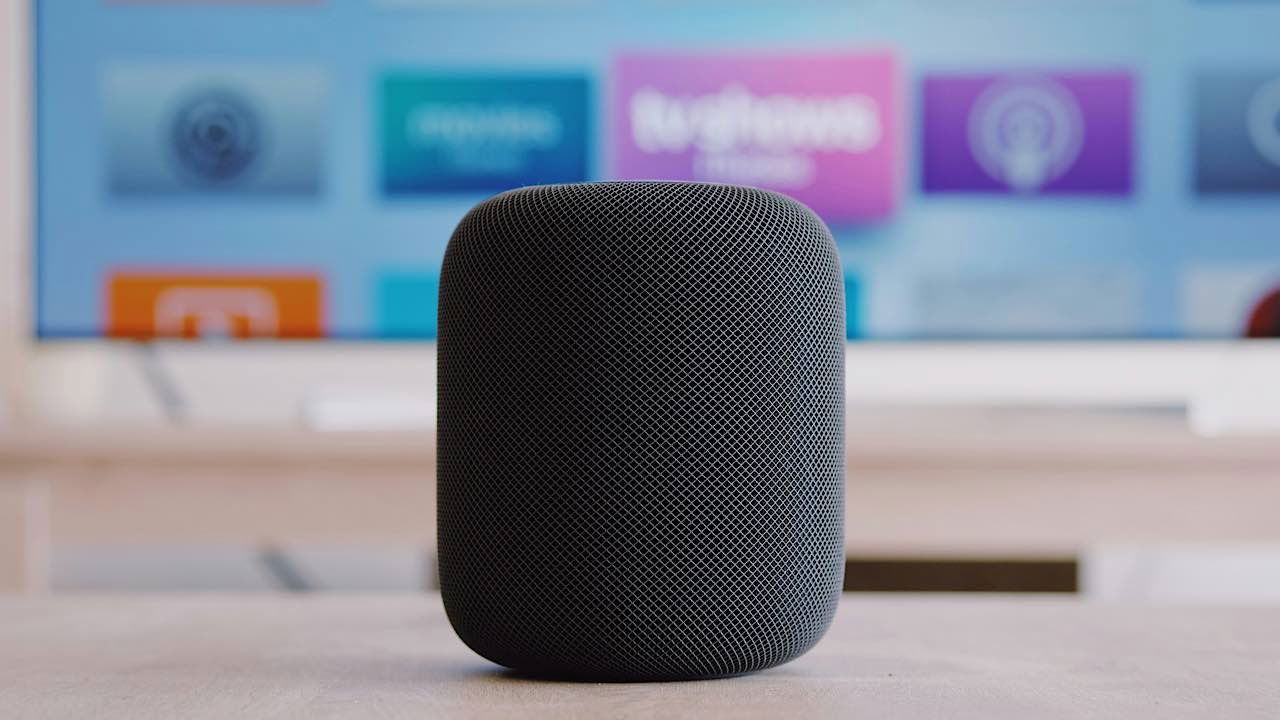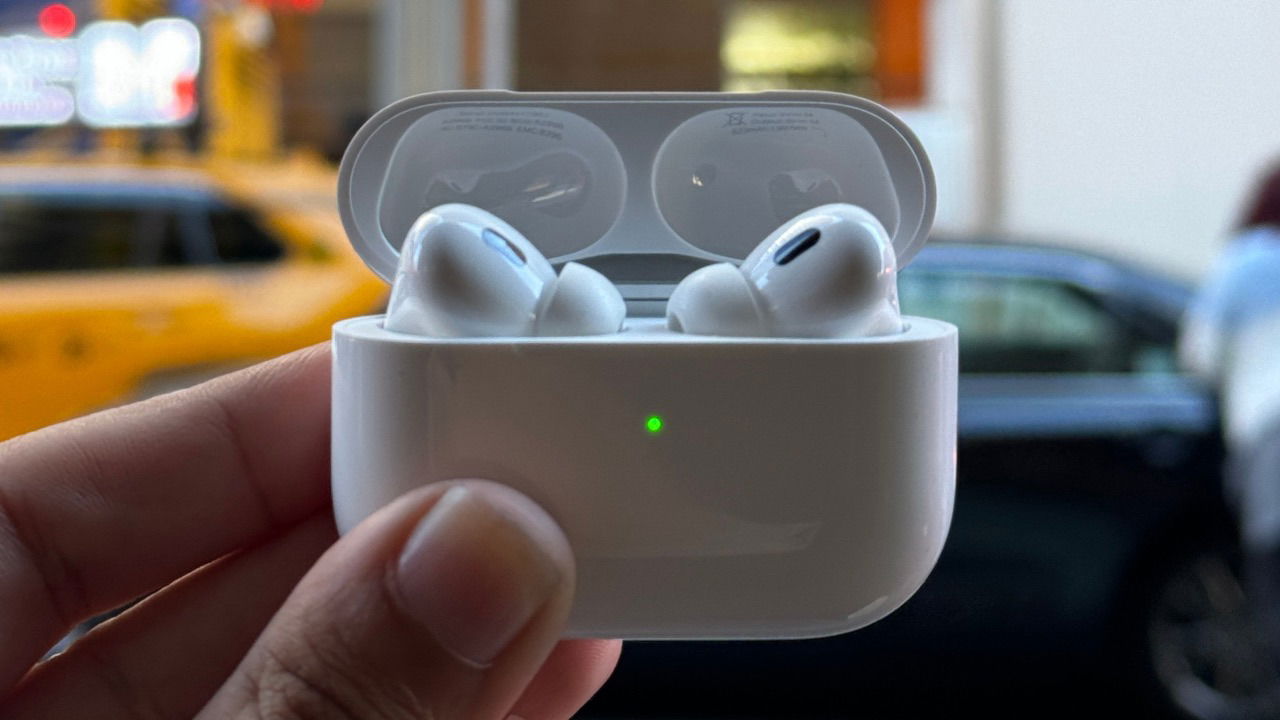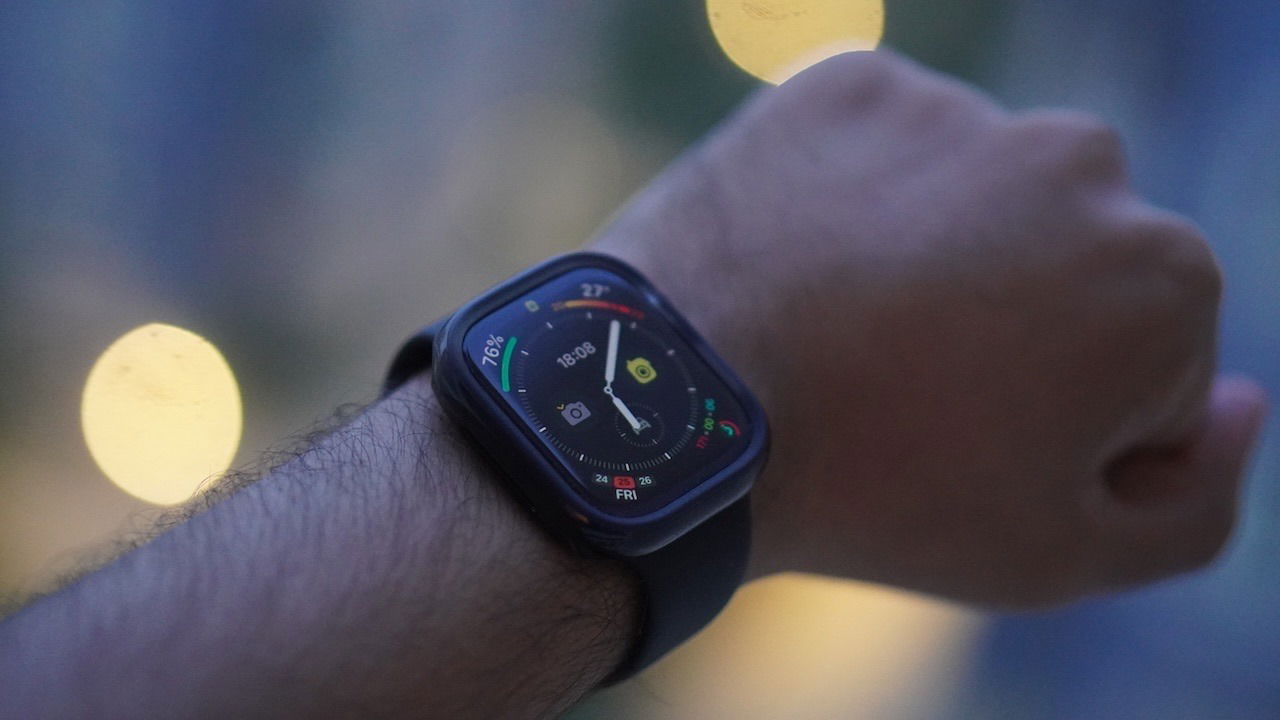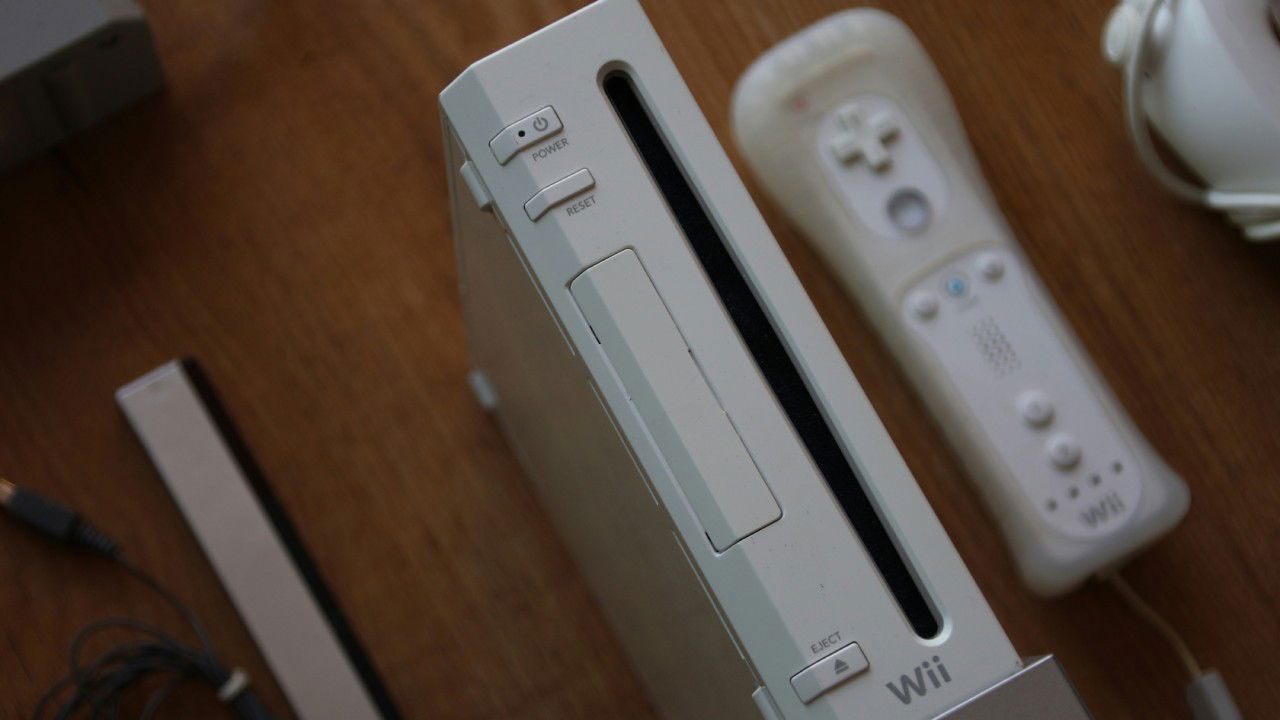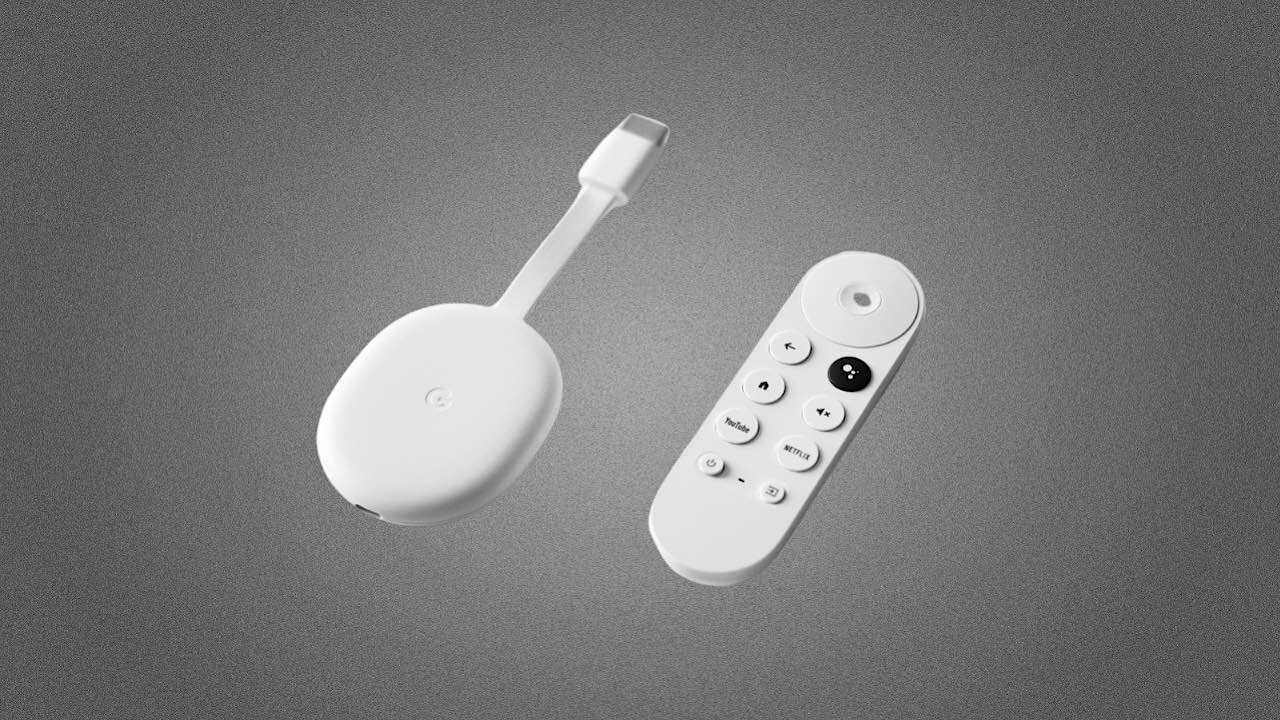
Have a collection of ebooks, but aren’t sure which app to read them in? Thanks to various ebook readers, it’s easier than ever to read your favorite ebooks on mobile devices, desktops, and the Web.
1. Amazon Kindle
Available on: Windows, macOS, Android, iOS, Kindle, Web
The official Kindle ebook reader app is a continuation of the hardware device, allowing Kindle books to be read across multiple platforms. A big part of the Kindle app’s appeal is that you can bring up your notes, view your libraries, and continue reading across multiple devices. Of course, it’s also the app for the Kindle Unlimited subscription.
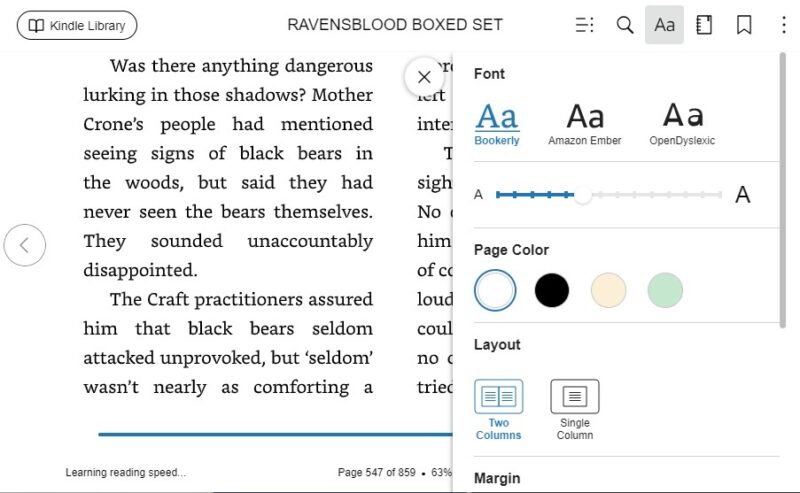
What you may not know is that it’s not just for Kindle books. I use my Kindle app to open PDFs, Word docs, RTF files, and even EPUB books. As long as they’re not DRM protected, the Kindle or Kindle app is one of the best ebook readers for various file types. Amazon’s free Send to Kindle service even lets you send files to your Kindle.
2. Calibre Ebook Reader
Available on: Windows, macOS, Linux, Android, iOS
The Calibre ebook reader is one of the best ebook management tools to help you read and organize your entire library. Calibre is portable and cross-platform compatible, so it’s available on nearly every device you own. I can even use it on a USB drive.
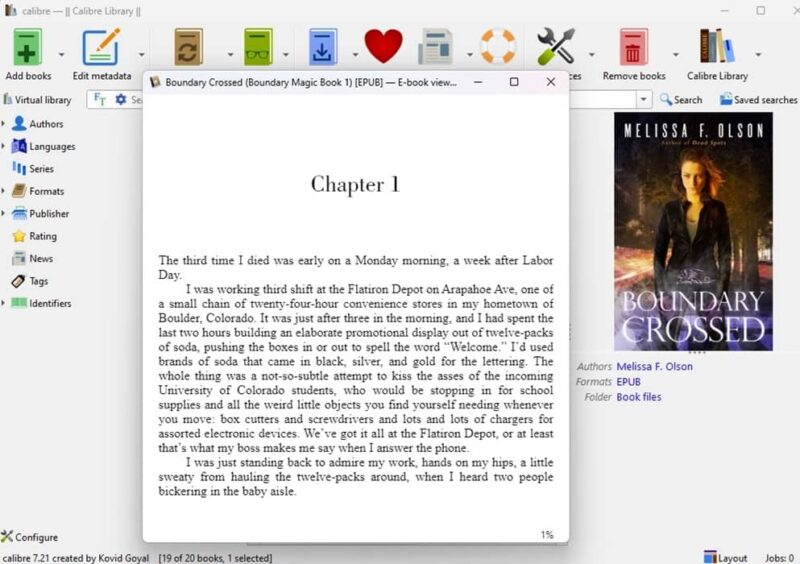
My favorite part is that it automatically brings in ebook metadata to make searching my ebook collection easy, though setup is a bit slow. It also helps you transfer ebooks from one device to another and is compatible with devices. Plus, it converts ebook file types to suit your specific device.
Even if you don’t like the reader, it also works well to convert file types to use with other ebook readers.
3. Sumatra
Available on: Windows
Sumatra is a popular, free, lightweight, and portable PDF and ebook reader for Windows. While it may not be cross-platform, Sumatra has a few other aces up its sleeve. For example, it supports the EPUB ebook format (unlike some other tools), along with various other file formats, such as PDF, MOBI, CHM, XPS, DjVu, CBZ and CBR. It’s fantastic if you like to consume ebooks and other digital publications.
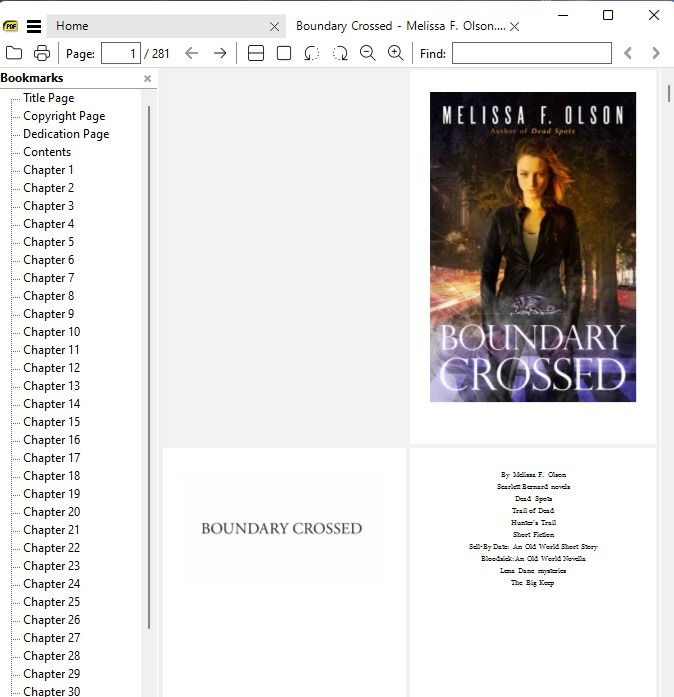
I know the interface is a bit minimal, but it’s designed to be just a basic reader. You won’t find bookmarks, highlights, notes, or anything fancy. It’s just for reading and handles the task well.
4. Favourite Book Reader
Available on: Windows, macOS, Linux, ChromeOS, Android, iOS
The Favourite Book Reader (FBReader) is a free app that used to be open source, but still offers the SDK to create your own version. It’s cross-platform and supports many different file formats, including EPUB, MOBI, fb2, HTML, RTF, and more.
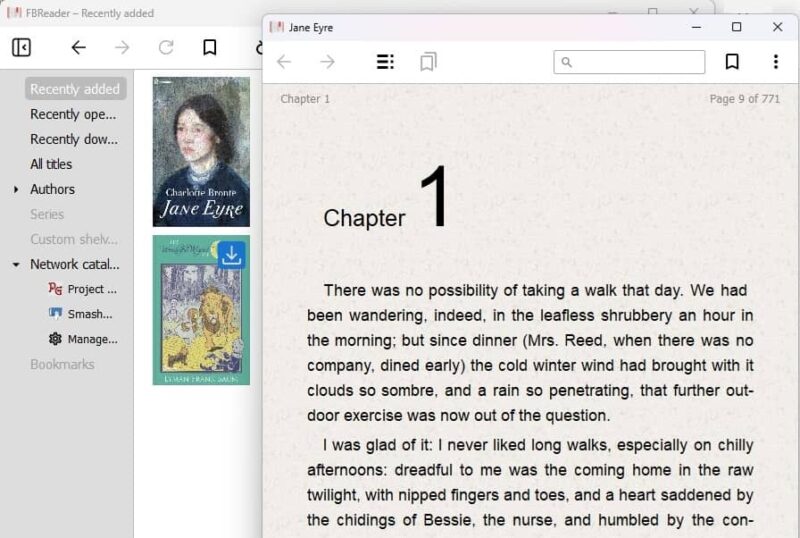
It’s easy to simply scroll through a book like most of the best ebook readers and navigate through your ebook library. There is a cloud reader option that uploads your books to your Google Drive account to sync your books and reading progress across all devices, which is a nice free feature.
5. OverDrive/Libby
Available on: iOS, Android, Web
OverDrive partners with local libraries to provide free access to ebooks, audiobooks, movies, and more. Libby is technically the ebook reader app. It looks slick and includes all the features you’d expect, such as bookmarks, the ability to change the font type and size, dedicated library management, three predefined color schemes to suit different lighting conditions, and more.
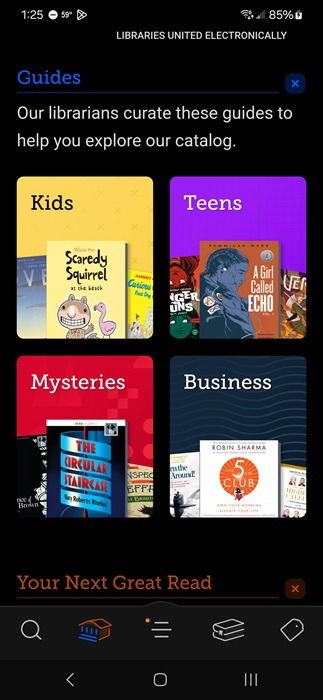
If you prefer reading on your Kindle, Libby sends books directly to the device – but only in the U.S. Of course, your library has to participate. Additionally, it doesn’t support uploading other ebooks or files.
6. Kobo Reading App
Available on: iOS, Android, Web
The Rakuten Kobo is a rival to the Kindle, offering its own bookstore and subscription plans. But, hardware aside, the Kobo reading app offers an easy-to-use ebook reader with various features, such as adjusting font sizes, a built-in dictionary, adding highlights, and a day/night mode. It’s not quite as feature-rich as Kindle, but is still good.
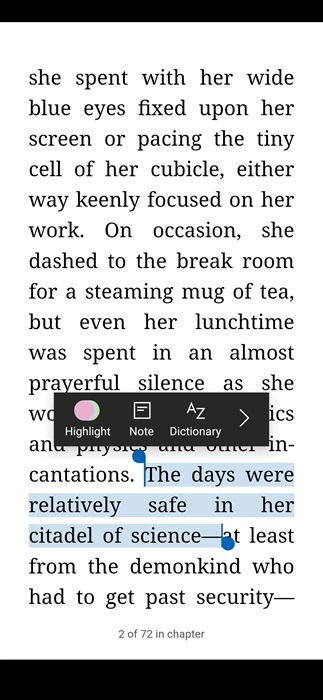
In my personal experience, the Android app doesn’t work for importing anything not purchased from Kobo, such as PDFs, EPUB, etc., even though importing is a reported feature, so you may be stuck with just books from Kobo.
7. Nook App
Available on: iOS, Android, Web
Barnes & Noble is a well-known brick-and-mortar bookstore, but they also have a physical ebook reader: the Nook and the Nook app for mobile devices. It’s incredibly similar to the Kindle ebook reading app and lets you customize the font and background color, add bookmarks and annotations, and search through ebooks.
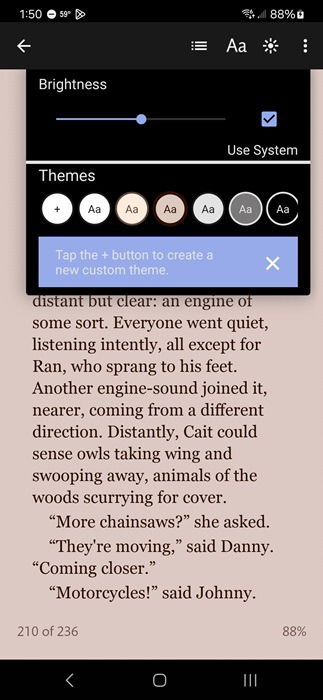
While, B&N obviously wants you to buy all your ebooks from them, you don’t have to. As long as it’s not DRM-protected, you can upload PDFs, EPUBs, text files, images, and more. My only problem was that I couldn’t browse my phone for files through the Nook app.
8. Adobe Digital Editions
Available on: Windows, macOS, Android, iOS
Many major ebook stores use Digital Rights Management (DRM) to restrict the devices that can be used with your purchase. Many of these same stores also recommend Adobe Digital Editions to verify your purchase.
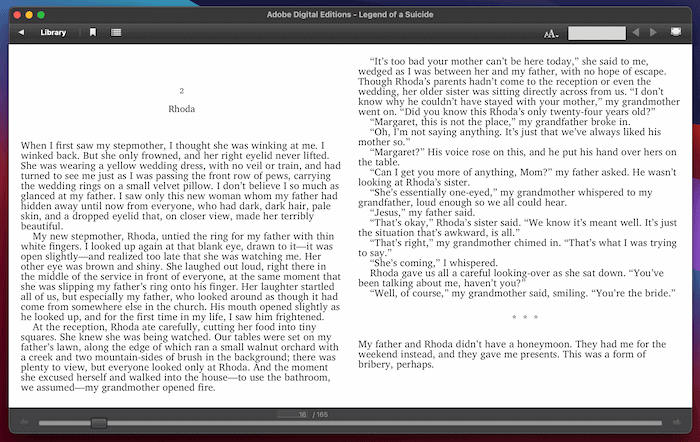
It’s one of the best ebook readers if you’ve purchased ebooks from multiple stores and want to read them all in the same app. While the reader used to only be available for desktops, it’s now added support for mobile devices. It’s a competent ebook reader with all the features you’d expect, like bookmarks and font sizing.
9. Scribd & Everand
Available on: Android, iOS, Web
Scribd and Everand are two separate apps, but part of the same subscription. This is the only ebook reader on this list that requires a subscription. While I love using Everand for ebooks, you are limited to just Everand’s selection. Scribd is for user-uploaded documents, such as text, PDF, Word, etc. You can upload your own files to use in the Scribd app, but they have to be copyright-free.
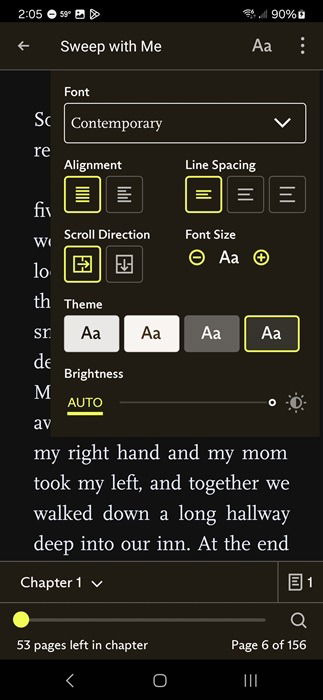
However, the document and ebook readers are feature rich, letting you adjust the font, spacing, brightness, theme, and more. You can also add notes and bookmarks.
10. ReadEra
Available on: Android, iOS
Have a massive collection of ebooks in various formats? Let ReadEra manage your collection. It doesn’t include a bookstore, though, as the app is just for importing books you already own. It supports numerous formats, including EPUB, PDF, MOBI, Fb2, text, DOC, and CBR.
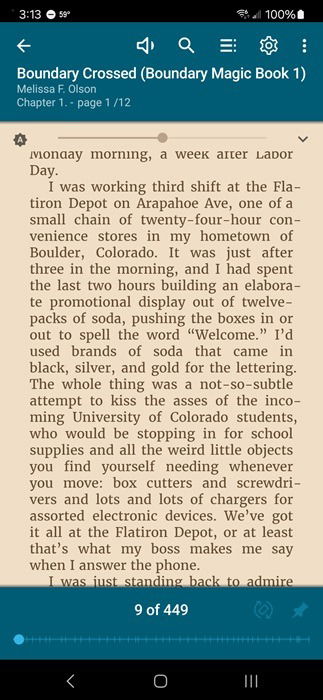
I’ve started using this as my go-to for free ebooks I’ve downloaded from my favorite author sites. While I wish there was customization for font and background, I do like that the app features bookmarks and quotes. You also get full control over organizing your library the way you want.
If you need to convert a file to PDF to use with your favorite ebook reader, try one of these free converters. If you’re a student trying to read your EPUB textbooks and papers, check out how to read them online.
Image credit: Unsplash. All screenshots by Crystal Crowder.
Our latest tutorials delivered straight to your inbox

